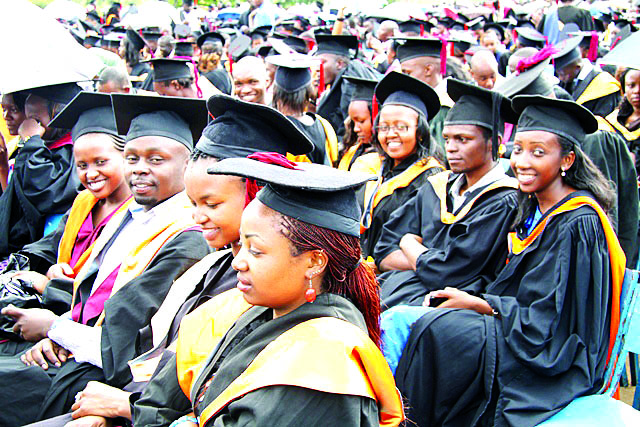Audit questions varsities fund spending

The Universities Fund has been faulted over irregular expenditure running into millions of shillings.
Auditor General Nancy Gathungu, in her latest report, says she was unable to verify certain expenses due to lack of adequate evidence while in other areas there was no compliance with the law.
Among the issues that the Auditor has raised include irregular payment of allowances, non-compliance with the Universities Act 2012, irregular board expenses as well as issues relating to the composition of the board.
With regards to the non-compliance with the Universities Act, 2012, Gathungu raises concerns about funding of universities.
Differentiated Unit Cost
According to her, the department has not only been directly financing all State universities contrary to the law but has also been advising the State Department for Education on how to allocate and disburse funds to the public universities.
“Review of the records indicates that the fund has not been allocating funds to the public universities as required by Section 53 (1) and (2) of the universities Act, 2021. The fund has adopted Differentiated Unit Cost (DUC) criteria for allocating funds to public universities in 2016 as provided in the Universities Act, 2012 and which has been operational since the financial year 2017/2018. In the circumstances it has not been possible to confirm whether the fund has been carrying out its mandate as required by the Universities Act, 2012,” adds the report.
The report comes barely a year after the Public Accounts Committee (PAC) which is supposed to grill top officials of the fund raised concerns over the government’s move to fund about 34 private universities.
The then Principal Secretary in charge of Research and University Education Simon Nabukwesi was asked to explain why billions of shillings was being allocated to private universities when public universities were closing down campuses due to financial constraints.
Private universities first admitted government-sponsored students in 2016 which saw 6,312 students being admitted. In 2017, a total of 12,275 were admitted while in 2018, some 11,239 got government sponsorship.
Meal allowances
On payment of allowances, Gathungu says she was not able to confirm the expenditure of Sh592,605 that was paid to members of staff to cater for meals and task force allowances.
The Auditor says the allowances were not consistent with the Salaries and Remuneration Commission (SRC) guidelines on allowances payable to public officers and section 52 (3) of Human Resources Policies and procedures Manual for the Public Service (May, 2016) on meal allowances as the officers were discharging normal duties during the working hours.
In addition, she pointed out that the reports of the task force were not provided for audit review.
“In the circumstances, the allowances paid were irregular and not a proper charge to public funds. The fund was also in breach of the Salaries and Remuneration Commission Guidelines,” adds the report.
On board expenditures relating to sitting allowances for online board meetings held in the financial year 20921/2021 amounting to Sh5 million, Gathungu says the expenditure was not supported by attendance register or log-ins to confirm attendance by all board members paid which is an indication of weak internal controls.












